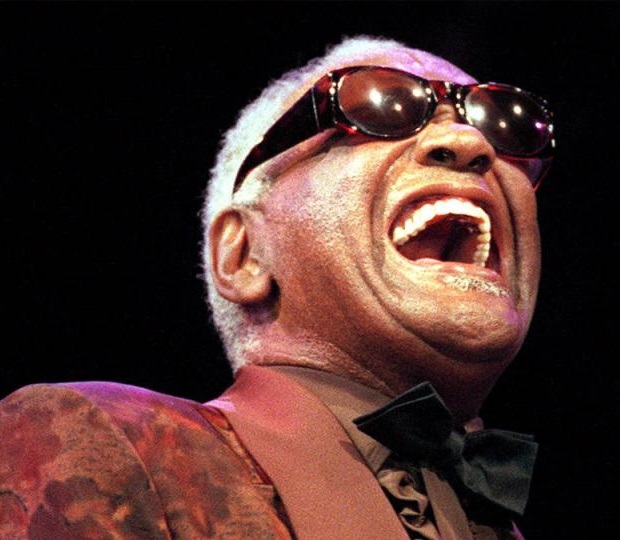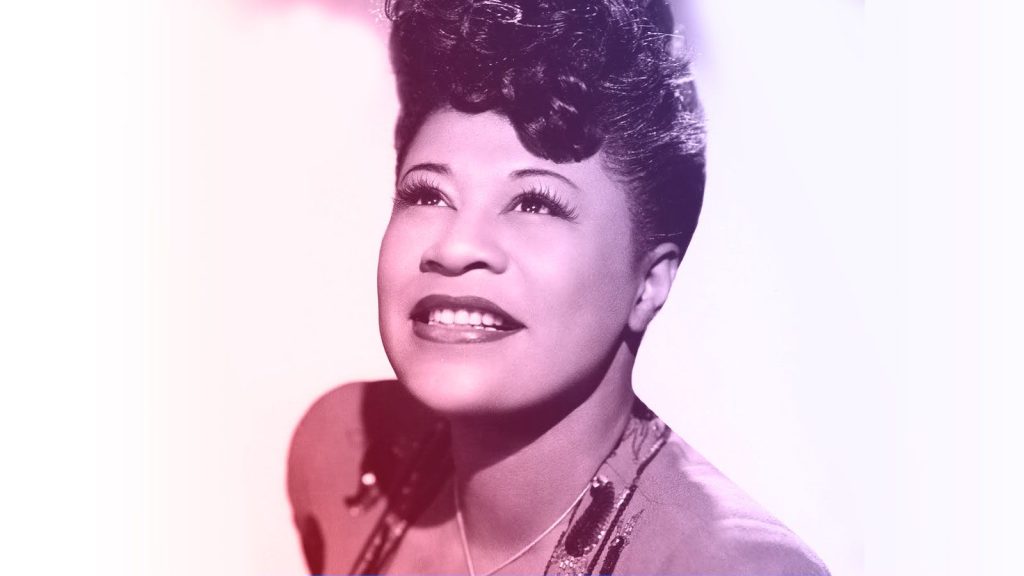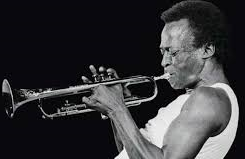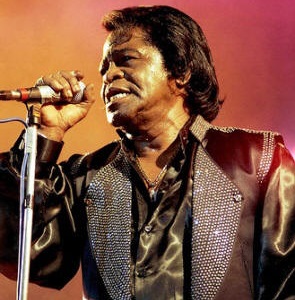February is Black History Month. This years theme is African Americans and the Arts. So throughout the month, I will highlight influential and well-known African American writers, musicians, and actors. For more information about Black History Month 2024 see the Association for the Study of African American Life and History and the National Museum of African American History and Culture.
Today, I explore the vibrant and soulful journey of Ray Charles Robinson (September 23, 1930 – June 10, 2004), affectionately known as ‘The Genius,’ ‘The Father of Soul,’ and ‘Brother Ray,’ one of the greatest musical legends of the 20th century.
Ray’s musical journey began at the age of 3 when he displayed an innate talent for the piano. Tragically, he lost his younger brother in a drowning accident, and by the age of 7, glaucoma stole his eyesight. Rather than succumbing to darkness, Ray embraced the world of music.
After his brother’s death and his blindness, Ray’s mother sought a school that would accept a young, blind African American. Over his initial objections, Charles found himself at the Florida School for the Deaf and the Blind. It’s here that the roots of his unparalleled musical genius took hold. In addition to learning braille, he mastered the piano and delved into the saxophone and trumpet.
However, Charles’ time in school was brief. At the age of 15, his mother’s passing led him to leave school and pursue a musical career. Initially he tickled the ivories and played gigs in Florida. After 2 years of touring the South, he sought to expand his opportunities. He headed to the west coast where he began playing in local clubs in Seattle and Los Angeles. Eventually touring with blues musician Lowell Fusion, he secured his first record contract, marking a turning point in his career.

In the 1950s and 1960s Ray Charles was a musical force to be reckoned with. Blurring the lines between R&B, blues, gospel, and country, he created a unique and infectious sound that resonated with a wide audience. Iconic hits like ‘Let The Good Times Roll’, ‘Hit The Road Jack,’ ‘Georgia on My Mind,’ and ‘I Can’t Stop Loving You’ earned him acclaim and commercial success. Yet, his versatility was not confined to one genre. His 1962 album, ‘Modern Sounds in Country and Western,’ exemplified his ability to infuse soul into classic country songs.
In the 1980s and 1990s, he took his talents even further, making appearances in the iconic 1980 movie “The Blues Brothers” and lending his soulful voice to Pepsi commercials. Collaborations with musical heavyweights like Billy Joel, Willie Nelson, Quincy Jones, and Chaka Khan showcased his versatility and ability to transcend musical boundaries.
Throughout his illustrious career, Ray Charles continued to evolve, experiment, and push the limits of his sound. His innovative spirit earned him a staggering 17 Grammy Awards, Kennedy Center Honors, a National Medal of Arts, and secured his place in the Rock and Roll and Country Music Halls of Fame. Ray Charles’ impact on the world of music remains timeless.
Legacy and Honors
- 17 Grammy Awards plus a Lifetime Achievement, and 37 Nominations,
- 1960 Best Rhythm & Blues Performance for Let The Good Times Roll
- 1960 Best Performance By a Pop Artist Single for Georgia On My Mind
- 1960 Best Vocal Performance Album, Male for The Genius Of Ray Charles
- 1960 Best Vocal Performance Single Record Or Track Male for Georgia On My Mind
- 1961 Best Rhythm & Blues Recording for Hit The Road Jack
- 1962 Best Rhythm & Blues Recording for I Can’t Stop Loving You
- 1963 Best Rhythm & Blues Recording for Busted
- 1966 Best Rhythm & Blues Solo Vocal Performance, Male Or Female for Crying Time
- 1966 Best Rhythm & Blues Recording for Crying Time
- 1975 Best R&B Vocal Performance, Male for Living For The City
- 1987 Lifetime Achievement
- 1990 Best R&B Performance By A Duo Or Group With Vocal for I’ll Be Good To You
- 1993 Best R&B Vocal Performance, Male for A Song For You
- 2004 Best Gospel Performance for Heaven Help Us All
- 2004 Best Pop Vocal Album for Genius Loves Company
- 2004 Best Pop Collaboration With Vocals for Here We Go Again
- 2004 Album Of The Year for Genius Loves Company
- 2004 Record Of The Year for Here We Go Again
- 10 Recordings inducted into the Grammy Hall of Fame
- Kennedy Center Honors (1986)
- National Medal of Arts (1993)
- Polar Music Prize (1998)
- Rock and Roll Hall of Fame (inducted 1986)
- Country Music Hall of Fame (inducted 2021)
Further Reading
- Ray Charles Foundation Website
- Ray Charles: The Genius of Soul. PBS. American Masters
- Campilongo, Jim. Vinyl Treasures: How Ray Charles Disguised Gospel as Soul and Brought it to the Masses on ‘Do the Twist!’ GuitatePlayer.com, August 13, 2021.
- Quine, Katie. How Ray Charles Shaped Country Music. Grand Ole Opry Website, August 13, 2019.
- Ray Charles. Britannica.com
- Ray Charles. Biography.com
- Ray Charles. Wikipedia.com
- Ray Charles Discography. Wikipedia.com




